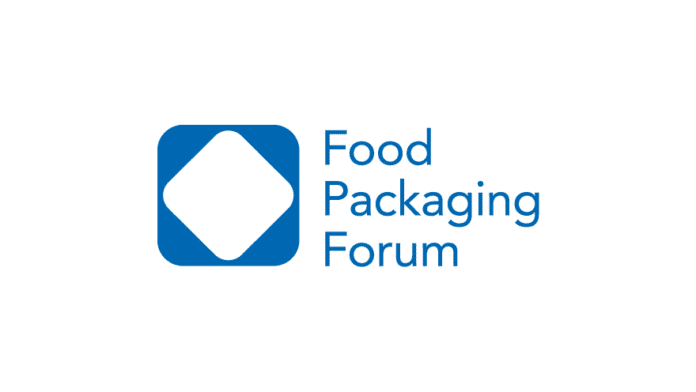Bamboo tableware has been promoted as an eco-friendly alternative to single-use plastics derived from fossil fuels. However, recent studies have raised concerns about the safety of these products, particularly in relation to the migration of melamine. Many bamboo-labeled items are actually made with melamine-formaldehyde resin as a binder, with bamboo fibers or powders used as fillers rather than the main component.
In a study published in the journal Food Control on February 7, 2025, researchers from the University of Chemistry and Technology in the Czech Republic, led by Kamila Bechynska, found that melamine was present in a significant number of food contact articles (FCAs) labeled as bamboo. Out of 33 samples tested, 20 labeled as bamboo and 2 made from other bio-based materials contained detectable levels of melamine. Furthermore, the migration of melamine exceeded EU legal limits in six of the products.
The researchers conducted non-targeted screening of extracts from the FCAs using liquid chromatography coupled to high-resolution tandem mass spectrometry (UHPLC-HRMS/MS). They identified a range of compounds, including plant metabolites, phthalates, surfactants, pesticide residues, mycotoxins, and melamine. Targeted screening for pesticides revealed the presence of benzalkonium chlorides, insecticides, and fungicides in the samples. This study underscores the importance of evaluating the safety of bio-based tableware before it is introduced to the market.
The EU has established limits for the migration of melamine and formaldehyde from plastic food contact materials (FCMs) to ensure consumer safety. However, cases of melamine migration above the legal limit have been documented, raising concerns about the potential health risks associated with these compounds. Formaldehyde is classified as carcinogenic, while melamine is considered possibly carcinogenic to humans and has been linked to urinary system and reproductive toxicity. In response to these risks, the Canadian government has implemented measures to reduce exposure to melamine from FCMs.
In 2021, the EU banned the use of bamboo and other plant-based additives in plastic FCMs due to concerns about their safety. The Enforcement Action Plan was launched to prevent the marketing of products containing illegal plant-based additives in the EU. This regulatory action reflects the commitment to safeguarding consumer health and ensuring the integrity of food contact materials on the market.
In conclusion, the study conducted by Bechynska and colleagues highlights the need for comprehensive assessment of bio-based tableware to ensure compliance with safety regulations. The presence of melamine and other harmful compounds in bamboo-labeled products underscores the importance of thorough testing and regulation in the food contact materials industry. By addressing these issues, stakeholders can promote the use of safer and more sustainable alternatives to traditional plastics, contributing to a healthier environment and a more secure food supply chain.
Reference:
Bechynska, K., et al. (2025). “Comprehensive assessment of bamboo and other bio-based dishes contamination.” Food Control. DOI: 10.1016/j.foodcont.2025.111188.




